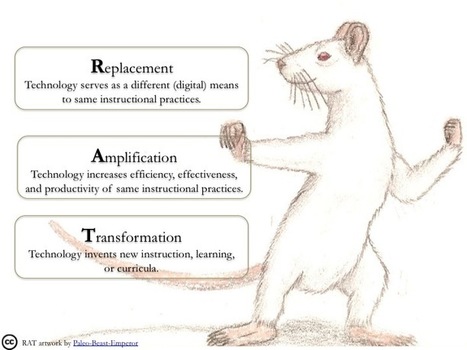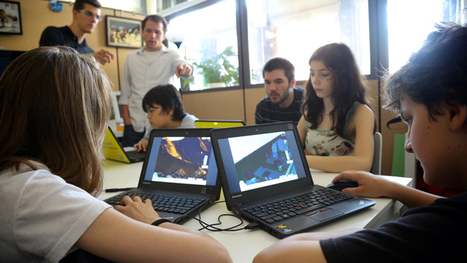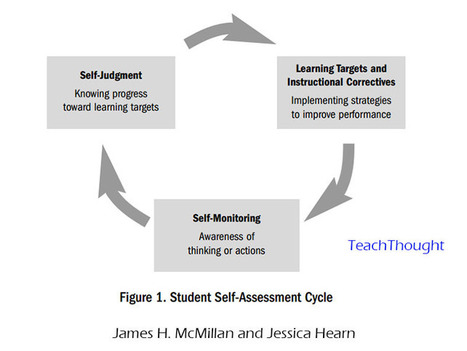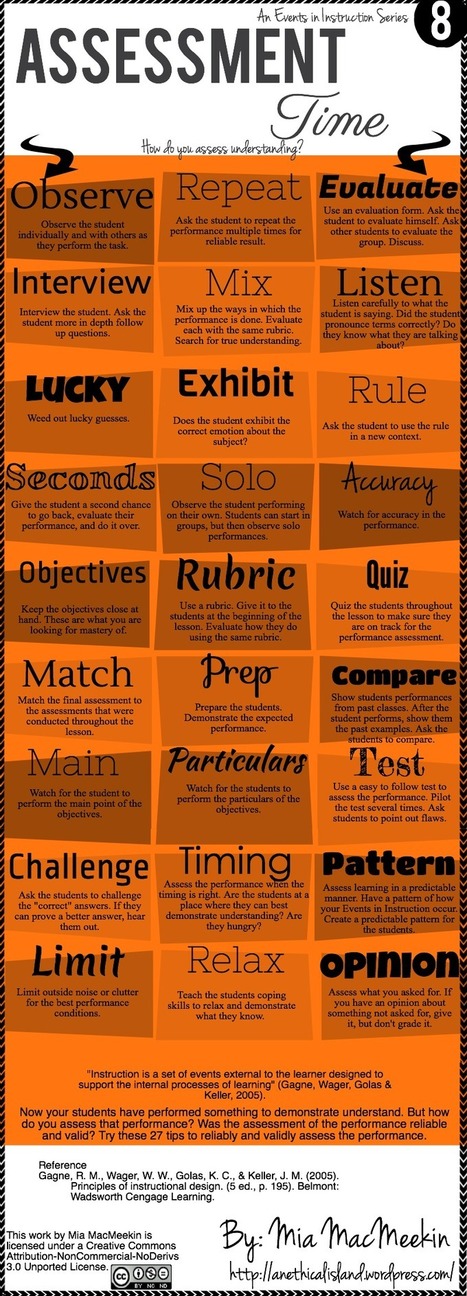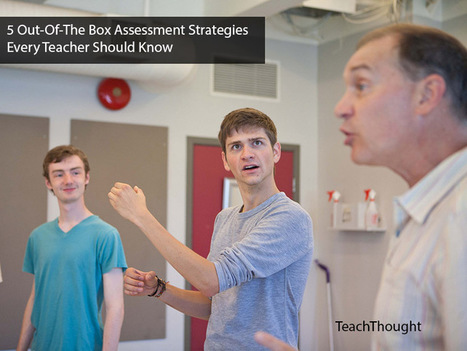5 Assessment Strategies Every Teacher Should Know
Most teachers and current textbooks offer varied approaches to the material to be learned so the teaching can be brain-compatible with the varied student learning styles. It is only logical that respect for these individual learning styles be incorporated into assessment forms.
For example, teachers responsive to interpersonal learning styles find cooperative group work a way to pull in those learners as well to give students with artistic, computer, dramatic, or organizational skills the opportunities to enter the learning experience through their strengths and interests. It follows that assessments should also provide opportunities for each student’s unique learning style to access his or her highest performance success level.
A variety of assessment forms and some student choice can bring students to the assessment with less anxiety and increase the positive learning experience as well as providing the opportunity for them to demonstrate what they know (as opposed to what they don’t know).



 Your new post is loading...
Your new post is loading...

